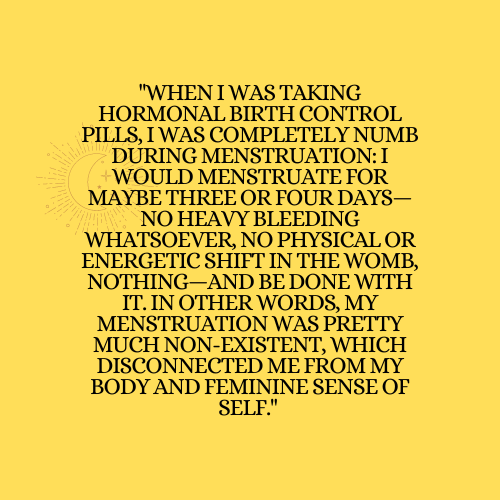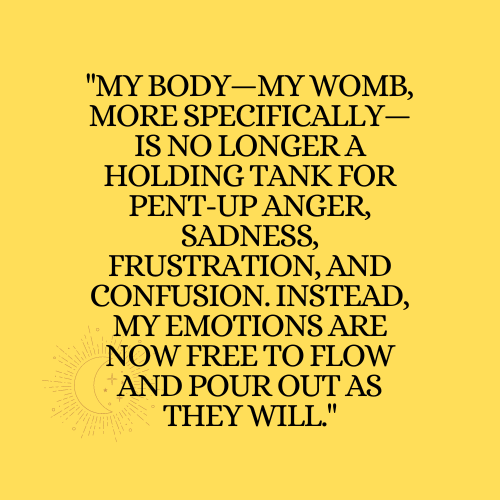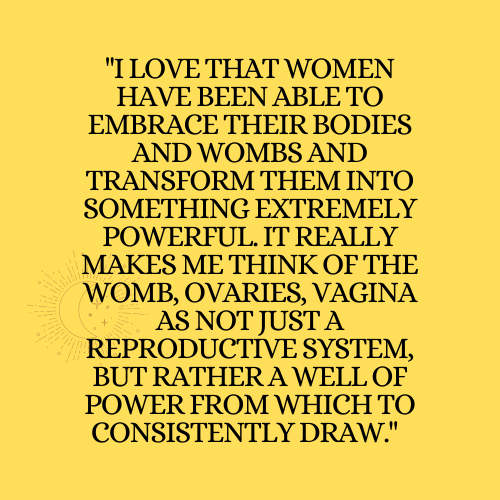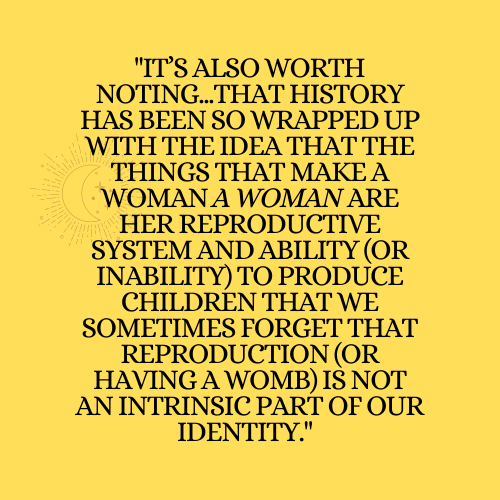Let’s Talk About Sex(ual Agency): The Supreme Courts, Abortion Laws, and Assault Defenses
What’s Happening in the United States Right Now?
It’s been about two weeks since a draft opinion of the United States Supreme Court’s decision to ultimately overturn Roe v. Wade—a 1973 decision that protects the right to have an abortion at a federal level in the United States—was leaked to the public. The opinion, composed by Justice Samuel Alito, discloses details regarding why the Supreme Court is considering striking down Roe v. Wade with one of the primary arguments being that it was not a well-informed decision in the first place since the right to an abortion, specifically, is not a constitutional right.
The people are in an uproar.
And rightfully so.
If the draft opinion moves forward and Roe v. Wade is actually struck down, every single state will be able to pass their own abortion laws meaning that there is a good possibility that Republican (or “red”) states—many of which are located in the south—will pass restrictive abortion laws or complete bans.
This does not only mean that there will be less or no access to abortion in many states but also that, in the states that do choose to offer abortions as a form of healthcare, abortion clinics may become much busier due to the number of individuals travelling from more conservative states to have the procedure performed. Individuals living close to the Canadian border may even choose to briefly cross the border and have an abortion performed in Canada since abortion is still, thankfully, available in Canada. However, since the leaked opinion made its appearance, Canada’s access to abortion has also come under scrutiny. Abortion is legal in Canada, yet access is quite limited depending upon the province.
My heart is absolutely aching for the women—and all individuals who have the ability to become pregnant—living in the United States right now.
What’s Happening in Canada Right Now?
Soon after the United States Supreme Court’s decision regarding Roe v. Wade was leaked to the public, the Supreme Court of Canada made an equally questionable and disturbing decision: the Canadian justice system is now allowing individuals who have assaulted another individual—this includes sexual assault—to utilize self-induced extreme intoxication as a valid defense in court.
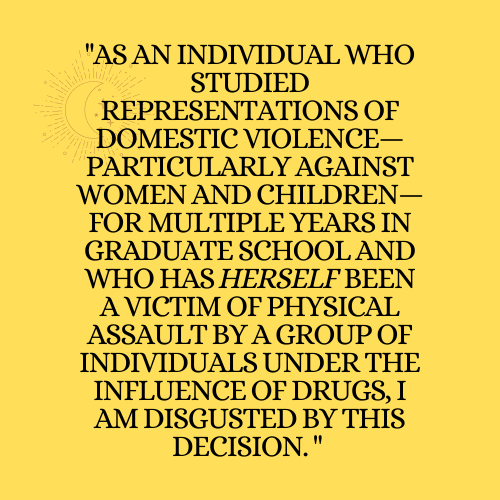
What does this mean, exactly? This means that any individual in Canada can now get away with assaulting another individual if they committed the assault while under the extreme influence of drugs, alcohol, or other substances. The “logic”—note the quotation marks because this is absolutely not logical in my eyes—is that an individual cannot really be held accountable for their actions if they are too intoxicated to realize that they are committing an assault. It’s basically a defense of temporary insanity.
This defense is a massive step backward—a misstep—when it comes to protecting women, children, and other marginalized groups from domestic and sexual assault within the Canadian judicial system as it leans in favor of the perpetrator rather than the victim; a perpetrator who, in order to use this defense effectively, must have willingly consumed drugs, alcohol, or other substances.
As an individual who studied representations of domestic violence—particularly against women and children—for multiple years in graduate school and who has herself been a victim of physical assault by a group of individuals under the influence of drugs, I am disgusted by this decision. Even if this new form of defense is retracted—which seems likely after seeing the public outrage regarding the decision—the Supreme Court of Canada should be ashamed of themselves for even considering self-induced extreme intoxication as a viable defense for assault.
I’m at a loss for words right now.
The Seemingly Sudden Attack on Women’s Rights
So, why now?
This attack on human rights—primarily women’s rights and the rights of marginalized individuals—in the United States and Canada is seemingly coming out of nowhere and during a time when the whole world is still quite vulnerable from the pandemic that continues to sweep through streets, homes, hospitals, and workplaces: pandemic restrictions are lifting but laws regarding sexual and bodily rights are becoming stricter.
It’s possible that—with much of the world’s population caught up in the current pandemic—these new laws were more easily discussed and decided upon due to the lack of visibility in the public eye. This is just a thought that crossed my mind, of course, and I obviously have no way of confirming it. I just think that this is a very odd time to start reinstating old abortion laws and problematic defenses for assault.
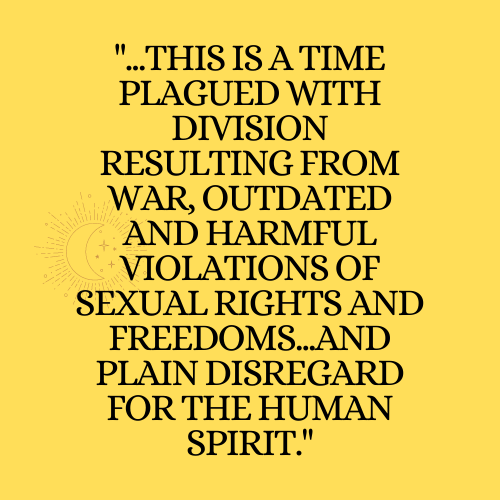
You would think that the governments and judicial systems would be working hard at this point in time—after a massive global trauma has occurred—to bring people together and create harmony within communities across the globe, but it’s the exact opposite. Instead, this is a time plagued with division resulting from war, outdated and harmful violations of sexual rights and freedoms—including a recently passed bill that forbids discussions of gender identity in elementary school classrooms up until the third grade in Florida —and plain disregard for the human spirit.
I guess that old saying is true, though: when it rains, it pours.
And it’s a fucking shit storm out there right now.
